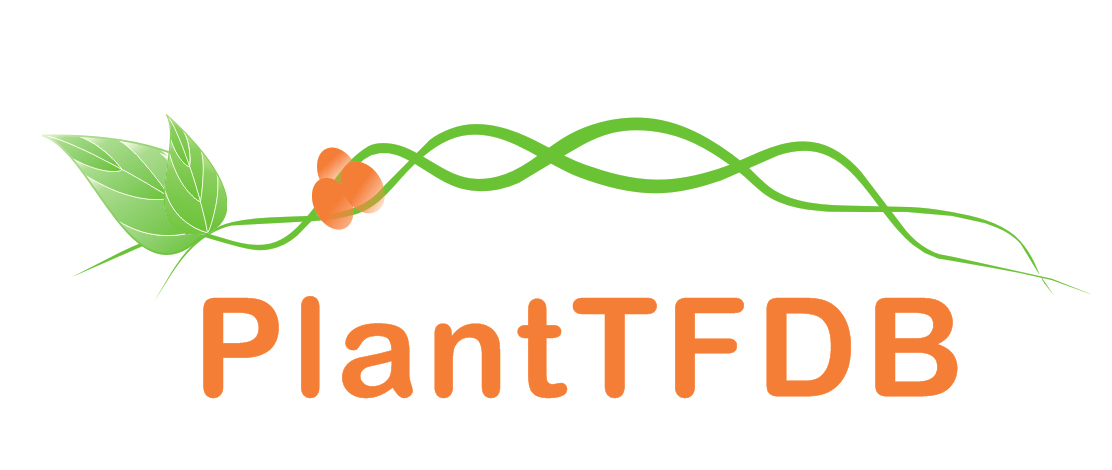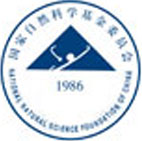 |
PlantRegMap/PlantTFDB v5.0
Plant Transcription
Factor Database
|
| Home TFext BLAST Prediction Download Help About Links PlantRegMap |
| Species | TF ID | Description |
|---|---|---|
Sisymbrium irio (67) | 676707074 | WRKY family protein |
| 676710984 | WRKY family protein | |
| 676711936 | WRKY family protein | |
| 676714300 | WRKY family protein | |
| 676714356 | WRKY family protein | |
| 676717690 | WRKY family protein | |
| 676719194 | WRKY family protein | |
| 676721566 | WRKY family protein | |
| 676721608 | WRKY family protein | |
| 676724330 | WRKY family protein | |
| 676725334 | WRKY family protein | |
| 676725930 | WRKY family protein | |
| 676726210 | WRKY family protein | |
| 676727556 | WRKY family protein | |
| 676727820 | WRKY family protein | |
| 676728392 | WRKY family protein | |
| 676729154 | WRKY family protein | |
| 676729212 | WRKY family protein | |
| 676730990 | WRKY family protein | |
| 676731426 | WRKY family protein | |
| 676732964 | WRKY family protein | |
| 676733684 | WRKY family protein | |
| 676734696 | WRKY family protein | |
| 676734870 | WRKY family protein | |
| 676734888 | WRKY family protein | |
| 676735416 | WRKY family protein | |
| 676735696 | WRKY family protein | |
| 676735698 | WRKY family protein | |
| 676740518 | WRKY family protein | |
| 676740574 | WRKY family protein | |
| 676741292 | WRKY family protein | |
| 676742766 | WRKY family protein | |
| 676743110 | WRKY family protein | |
| 676743368 | WRKY family protein | |
| 676743666 | WRKY family protein | |
| 676744086 | WRKY family protein | |
| 676744138 | WRKY family protein | |
| 676744854 | WRKY family protein | |
| 676745960 | WRKY family protein | |
| 676746008 | WRKY family protein | |
| 676746118 | WRKY family protein | |
| 676746744 | WRKY family protein | |
| 676747156 | WRKY family protein | |
| 676749138 | WRKY family protein | |
| 676749282 | WRKY family protein | |
| 676750094 | WRKY family protein | |
| 676750298 | WRKY family protein | |
| 676752238 | WRKY family protein | |
| 676755090 | WRKY family protein | |
| 676756144 | WRKY family protein | |
| 676758502 | WRKY family protein | |
| 676759030 | WRKY family protein | |
| 676759968 | WRKY family protein | |
| 676762314 | WRKY family protein | |
| 676762930 | WRKY family protein | |
| 676764350 | WRKY family protein | |
| 676767316 | WRKY family protein | |
| 676771814 | WRKY family protein | |
| 676776052 | WRKY family protein | |
| 676779768 | WRKY family protein | |
| 676780060 | WRKY family protein | |
| 676780222 | WRKY family protein | |
| 676781942 | WRKY family protein | |
| 676781994 | WRKY family protein | |
| 676783420 | WRKY family protein | |
| 676786254 | WRKY family protein | |
| 676789432 | WRKY family protein |
WRKY transcription factors are one of the largest families of transcriptional regulators in plants and form integral parts of signalling webs that modulate many plant processes. Here, we review recent significant progress in WRKY transcription factor research. New findings illustrate that WRKY proteins often act as repressors as well as activators, and that members of the family play roles in both the repression and de-repression of important plant processes. Furthermore, it is becoming clear that a single WRKY transcription factor might be involved in regulating several seemingly disparate processes. Mechanisms of signalling and transcriptional regulation are being dissected, uncovering WRKY protein functions via interactions with a diverse array of protein partners, including MAP kinases, MAP kinase kinases, 14-3-3 proteins, calmodulin, histone deacetylases, resistance proteins and other WRKY transcription factors. WRKY genes exhibit extensive autoregulation and cross-regulation that facilitates transcriptional reprogramming in a dynamic web with built-in redundancy.
The defining feature of WRKY transcription factors is their DNA binding domain. This is called the WRKY domain after the almost invariant WRKY amino acid sequence at the N-terminus. In a few WRKY proteins, the WRKY amino acid sequences have been replaced by WRRY, WSKY, WKRY, WVKY or WKKY. The WRKY domain is about 60 residues in length, and as well as containing the WRKY signature it also has an atypical zinc-finger structure at the C-terminus. The zinc-finger structure is either Cx4-5Cx22-23HxH or Cx7Cx23HxC. Initially, in the absence of a complete gene family from any plant species, the WRKY transcription factors were divided into three groups based on the number of WRKY domains (two domains in Group I proteins and one in the others) and the structure of their zinc fingers (C2HC in Group III proteins).
Rushton PJ, Somssich IE, Ringler P, Shen QJ.
WRKY transcription factors.
Trends Plant Sci, 2010. 15(5): p. 247-58.
PMID: 20304701



